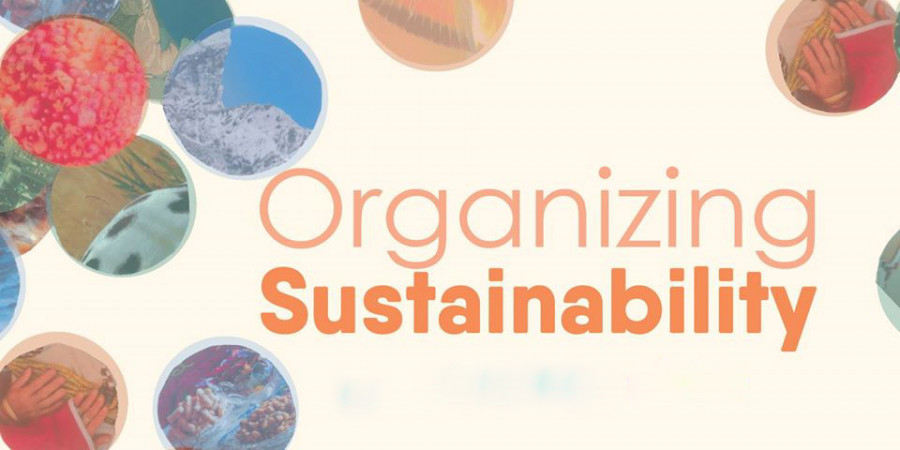Organizing Sustainability Teaches Students About Environmental Advocacy
Sustainable Concordia’s Co-Curricular Program Focuses on Community Outreach
Sustainable Concordia is accepting applications for its eight-week workshop series, Organizing Sustainability.
The co-curricular program consists of weekly workshops pertaining to sustainability and environmental advocacy. They take around 25 people per semester, as not to overcrowd the learning space and to create a sense of community.
The small program has seen 10 sessions and 182 graduates. Each session lasts eight weeks spread over a semester.
The workshops focus on providing students with the “basic tools and basic knowledge of organizing a campaign,” said Duha Elmardi, Engagement and Education Coordinator for Sustainable Concordia. “It’s not very specific to environmental campaigns, so the skills and tools can be used in building any sort of community campaign in general.”
The first workshop lays the foundation for students and explain the basic definitions of sustainability, said Elmardi, who is also the workshop facilitator.
“We talk about how sustainability isn’t only about environmentalism, it also has components of social equity, economic development, and economic growth,” she continued.
The second workshop discusses Canada’s environmental history and the lay of the land, including Indigenous resistance.The third module zooms in on the racial and class dynamics, and how inaccess to sustainable practices can be disproportionate according to someone’s status.
In the second half of the program, they discuss building campaigns, employing tactics, and setting goals. Students team up and develop a sustainability campaign, ending the workshop series with presentations.
“We try to give the idea that sustainability is not just individual practices, it’s more on a community level and it’s a systemic and institutionalized thing.” —Duha Elmardi
“We try to give the idea that sustainability is not just individual practices, it’s more on a community level and it’s a systemic and institutionalized thing. Our attention shouldn’t always be on the symptoms of climate change,” said Elmardi.
“It’s more of a holistic look on sustainability,” she added.
As the program is still new—only five years old—she admits it’s still a work-in-progress.
Unlike last year, alumni have the ability to co-facilitate the workshops with Elmardi, which has been successful. Anyone can sign up, and the program is free.
Sustainable Concordia is able to provide the program for free because it’s a fee-levy group. However, with the online opt-out looming overhead, Elmardi is unsure as to where they will find funding in the future. “It’s very unclear as to how things will go. We’ll see where it goes,” she said.
Students and alumni have kept in touch and developed a strong community through their Facebook group, where Elmardi shares resources in relation to environmental advocacy.
Graduates receive a Sustainable Concordia Certificate, which can be added to their transcripts under their co-curricular record.
The 85 per cent participation rate needed to pass the program only refers to attendance, explained Elmardi. Because the program is discussion driven, attendance and participation is very important. “You just need to show up,” she joked.
Applications for the winter session are open until Feb. 9.




_1_600_375_90_s_c1.jpg)


